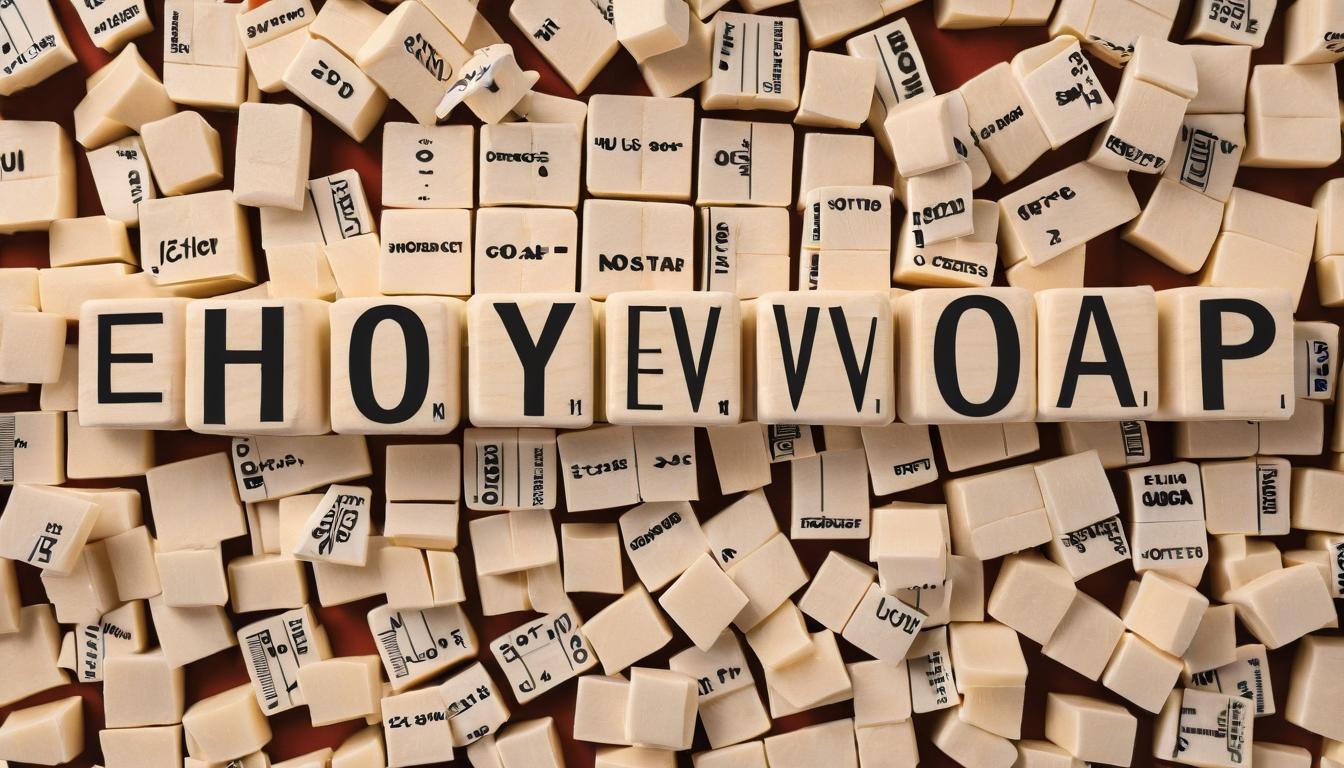The familiar swell of an orchestra behind a dramatic scene has been Hollywood's signature sound for nearly a century, but that tradition is undergoing its most radical transformation since the transition from silent films to talkies. Behind the velvet ropes of scoring stages and in the digital workshops of composers, a quiet revolution is unfolding—one driven by streaming economics, artificial intelligence, and a new generation of filmmakers who view music not as accompaniment but as narrative DNA.
Walk into any major scoring session today and you'll notice something peculiar: the 80-piece orchestra has often been replaced by hybrid ensembles of 30 musicians augmented by electronic textures and sampled instruments. The change isn't just about budget constraints—it's about a fundamental shift in how filmmakers conceive sound. Where John Williams needed every brass section player to achieve the imperial grandeur of Star Wars, today's composers like Ludwig Göransson build sonic landscapes that blend West African percussion with synthesizers to create the Wakandan identity in Black Panther.
Streaming platforms have accelerated this evolution in unexpected ways. Netflix, Amazon, and Apple don't just want recognizable themes—they demand 'sonic branding' that works equally well as 30-second cues for algorithm-driven previews and as immersive experiences for home theaters. The result? Composers now think in three dimensions: thematic development for traditional narrative, textural beds for atmospheric moments, and signature 'stingers' that become auditory logos for franchises.
Meanwhile, artificial intelligence has moved from threat to toolset. Far from replacing composers, AI systems now serve as collaborative partners that can generate endless variations on a musical theme, analyze emotional arcs in scripts, or even simulate how a score will sound in different home environments. Hans Zimmer's team used machine learning to deconstruct and reassemble the Dune soundtrack, creating sounds that feel both ancient and alien—a perfect metaphor for the film's universe.
The most fascinating development might be what's happening outside Hollywood. International streaming services are commissioning scores that blend local musical traditions with global production values. South Korea's Squid Game featured a score that incorporated traditional Korean instruments within minimalist electronic arrangements, creating a sound that felt simultaneously specific and universal. This cultural cross-pollination is producing some of the most innovative work in decades.
Yet for all the technological advancement, the human element remains irreplaceable. The best film composers today aren't just musicians—they're cultural archaeologists, emotional architects, and technological innovators. They spend as much time researching historical musical traditions as they do programming synthesizers, understanding that the most futuristic sounds often emerge from the oldest sources.
What emerges from this transformation is a new musical language for cinema—one that's more diverse, more integrated with storytelling, and more responsive to how we actually watch films today. The next time you feel chills during a key scene, listen closely: you might be hearing not just violins, but the sound of an entire art form evolving in real time.
The hidden revolution in film scoring: how streaming and AI are reshaping Hollywood's sound

